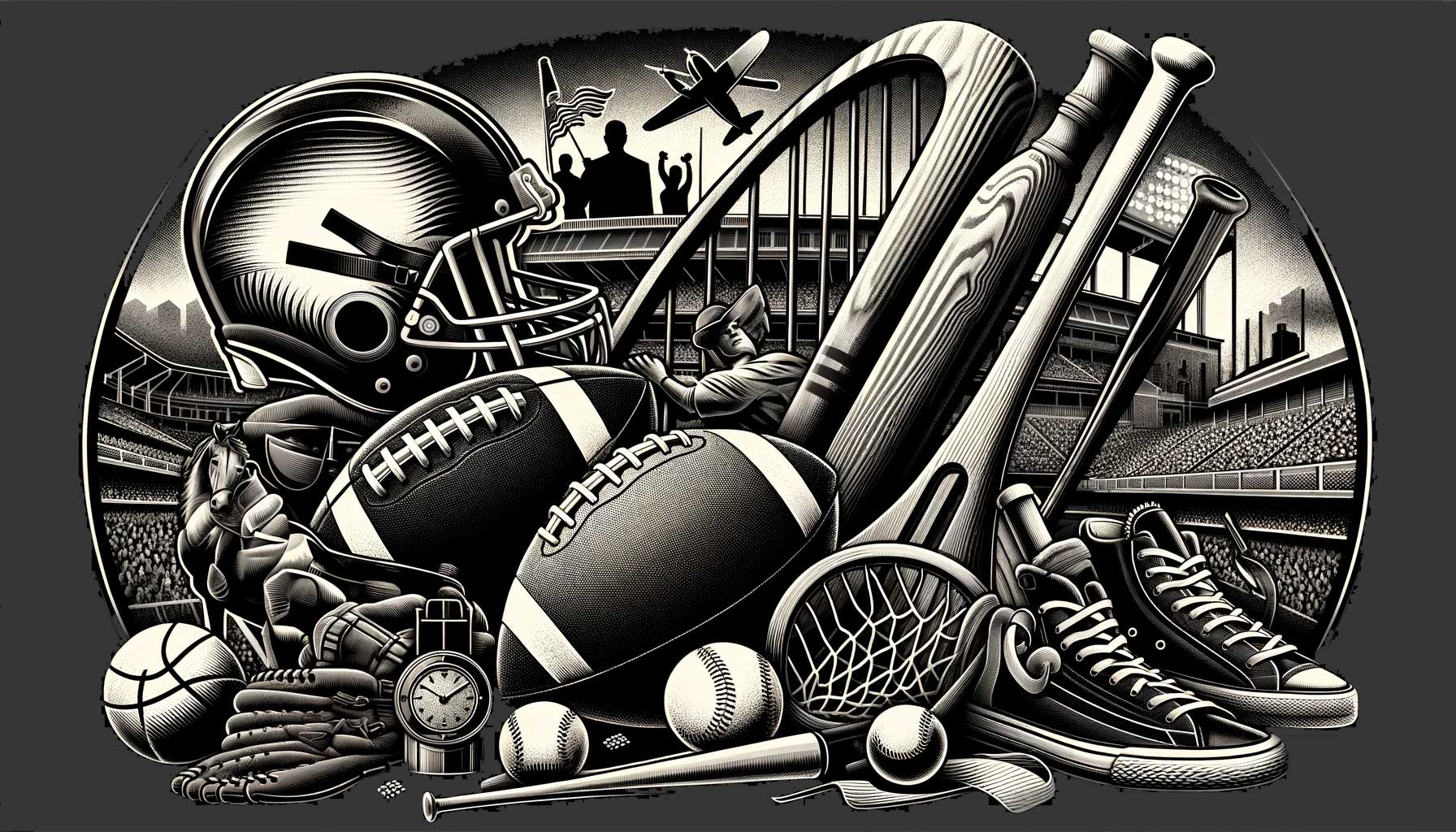Flashback to July 9
Sports History

1845
The Knickerbockers Baseball Club, the first baseball team to play under the modern rules, is founded in New York.
Read moreIn the rich tapestry of American sports history, there exist seminal moments – points in time that significantly impact the trajectory of the sports milieu. A notable instance among these is the formation of the Knickerbockers Baseball Club in New York City on September 23, 1845. This celebrated club was the first to play the sport under modern rules, establishing a foundation that transformed baseball from a mere pastime into America’s favorite pastime.
Few acknowledge that the sport of baseball, now ingrained in the cultural DNA of America, initially struggled for structure, consistency, and recognized regulations. Enter the Knickerbockers Baseball Club, an organization not just pioneering but revolutionizing the very essence of the game. This team, hailing from New York, adopted what we know today as the framework of modern baseball.
To fully appreciate the Knickerbockers Baseball Club’s influence, revisiting the historical context is pivotal. During the mid-19th century, baseball was far from the structured sport we now understand and love. It was instead a loosely defined game, mostly played by youngsters, with altering rules depending on the location and the players’ whims. The formation of this groundbreaking club in 1845 forever shifted this narrative, introducing the first codified set of regulations for the game.
The Knickerbockers Club was instrumental in several aspects of modernizing baseball, and their setting foot on the diamond was a catalyst for change. Their impact couldn’t have been more profound as they literally redrafted the Rules of Baseball, including the concept of a diamond-shaped infield, an arguably defining feature of the sport. Furthermore, they formally introduced the three-strike ‘out’ rule, making the game a more competitive, engaging endeavor. A perhaps lesser-known, yet equally crucial, the contribution of the Knickerbockers was to decree that players should not carry the ball but throw it, again a cornerstone of the traditional baseball that we recognize.
Reflecting on the unique heritage of New York City, the birthplace of the Knickerbockers Baseball Club, indeed, adds an extra allure to the city’s aura. As a visitor or a local, you can’t help but cherish the city’s historical canvas, which played an integral part in shaping baseball into what it is today. These early baseball innovators were everyday New Yorkers, working as bankers, doctors, and professionals, dedicated to advancing a game they adored during any time off.
To fans and aspiring players alike, the Knickerbockers Baseball Club’s formation on September 23, 1845, is a notable chapter in the evolution of the game. The club’s revolutionary approach ushered in a new era of standardized rules, predominantly drawing the contours of the modern sport. This spotlights the lasting and vibrant legacy of the team, which, despite being formed over a century ago, continues to be echoed in how the game is played today.
In essence, the establishment of the Knickerbockers Baseball Club was not just about forming a team that played baseball differently. It was about shaping the future of baseball – introducing structured rules that turned a casual pastime into an organized, competitive sport with the potential to capture the heart of a nation. The echoes of that historical September day in 1845 can still be heard in the crack of the bat, the cheer of the crowd and the drama unfolding on the diamond. The Knickerbockers Baseball Club, in establishing modern baseball rules, delivered a masterstroke that forever changed the landscape of the American sports realm.
We strive for accuracy. If you see something that doesn't look right, click here to contact us!
Sponsored Content

Italy wins the 2006…
Italy emerged victorious in…

Tom Seaver’s no-hit bid…
On July 9, 1969,…

Houston Astros’ Larry Dierker…
On July 9, 1976,…

